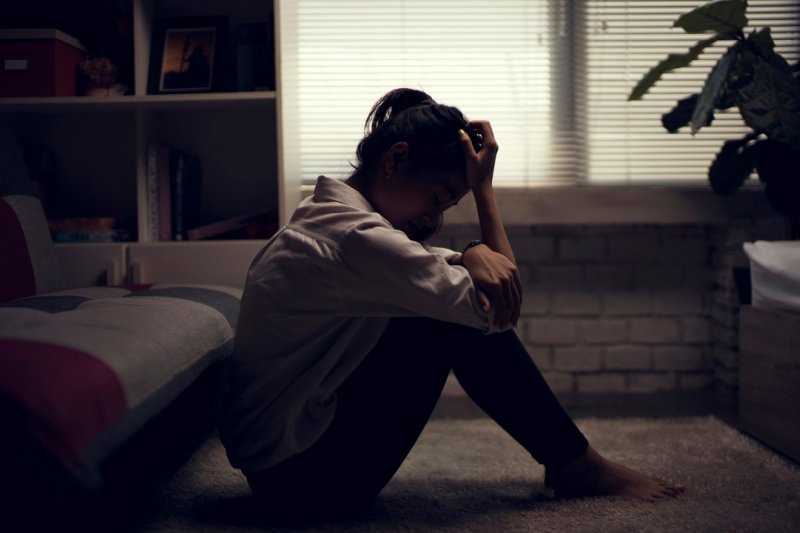Covid-19 Pandemic's Impact on Mental Health
Covid-19 has deteriorated mental health well-being. Depression, anxiety, self-harm are mainly worries that affect especially women and young people, but without sparing even children.
From the first global estimates published in the Lancet magazine for 2020, 53 million cases of major depression and 76 million cases of anxiety disorders directly related to the pandemic are reported. These very high figures have been made known on the occasion of World Mental Health Day.
Nearly 1 billion people live with mental disorders, mostly the poorest countries are affected, where 75% of people do not receive any help to be treated.
Every year over 1 million people die from substance abuse to cope with depression. One in 4 young people aged 18-24 said they have increased the dose of substances to cope with the stress caused by Covid-19, writes Ansa.it.
In 2020 suicides increased, only in Japan from June to October 2020 they increased by 16% compared to the same period of 2019.
The Lancet Regional Health magazine also reports that depression levels have tripled in a pandemic year and that symptoms have worsened. In March-April 32.8% of adults in the US reported severe depressive symptoms.
Meanwhile, the pandemic has not spared children either, where according to "Save the Children" 83% of children worldwide feel an increase in the level of negative feelings of anxiety, loneliness or depression. Moreover in countries where schools were closed psychological distress increased in 96% of cases.
The data were made public after a survey conducted by this organization in September 2020 on over 13,000 children.
The inequalities created by Covid have had consequences on mental health, particularly affecting the most fragile part of the population.













